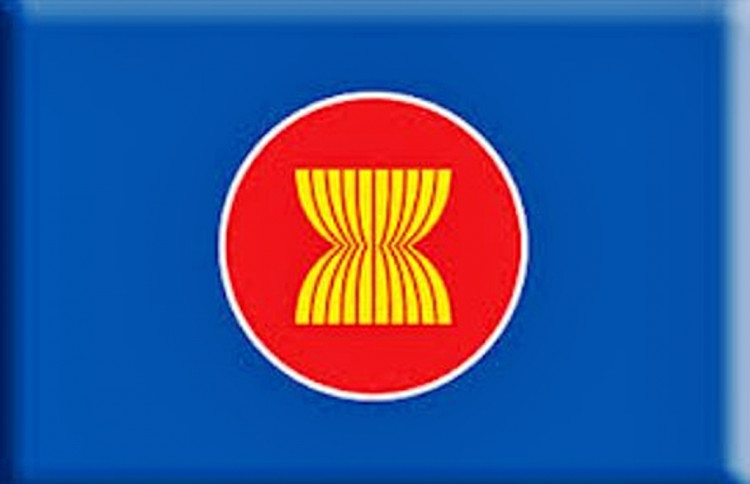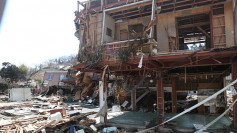The U.S. Department of Defense wants the United States' allies in Asia and the Pacific to bolster their military power in the South China Sea in support of its own efforts to deter China.
Most of the countries being goaded into more military action by the Pentagon are members of the 10-nation Association of Southeast Asian Nations (ASEAN), an economic, political and military grouping that in the past has shown no stomach for irritating China over the South China Sea.
Three ASEAN member-states (Laos, Myanmar, and Cambodia) are staunch Chinese allies. Five other member-states (Brunei, Indonesia, Malaysia, the Philippines, and Vietnam) have legal claims over portions of the South China Sea.
The call to confront China was made by Randy Schriver, assistant secretary of defense for Asian and Pacific affairs.
"I think what could potentially bring more pressure on the Chinese is other partners and allies joining in these activities (in the South China Sea)," said Schriver. "If not freedom-of-navigation operations ... just joint patrols, presence operations."
The U.S. Navy in 2018 stepped-up the pace of its freedom-of-navigation operations (FONOPS) in both the South China Sea and the East China Sea to challenge China's territorial expansionism.
U.S. Navy warships involved in FONOPS, however, are figuring in increasingly more dangerous confrontations with warships of the People's Liberation Army Navy (PLAN). In August, a PLAN destroyer almost collided with the USS Decatur (DDG-73), an Arleigh Burke-class guided-missile destroyer, near the disputed Spratly Islands also claimed by Vietnam.
Schriver said other U.S. allies, including the United Kingdom, France, and Canada, have increased their naval patrols in the South China Sea.
He said the U.S. has seen a lot more activity from other interested parties because there is recognition an erosion of international law and norms in the South China Sea has implications globally. Schriver also warned against China's expanding influence operations in South Pacific nations such as Papua New Guinea.
He said Chinese influence operations in the South Pacific include donations to politicians and financing infrastructure projects in small island nations. He said the Pentagon believes China plans to build military bases in some of these island-states to deter Australia and New Zealand, its foes in the region.
In April, three Royal Australian Navy (RAN) warships transiting the South China Sea on their way to Vietnam were harassed by PLAN warships. In September, the HMAS Melbourne, a guided-missile frigate, traversed the Taiwan Strait.
In July, the USS Mustin (DDG-89) and the USS Benfold (DDG-65) passed through the Taiwan Strait.






